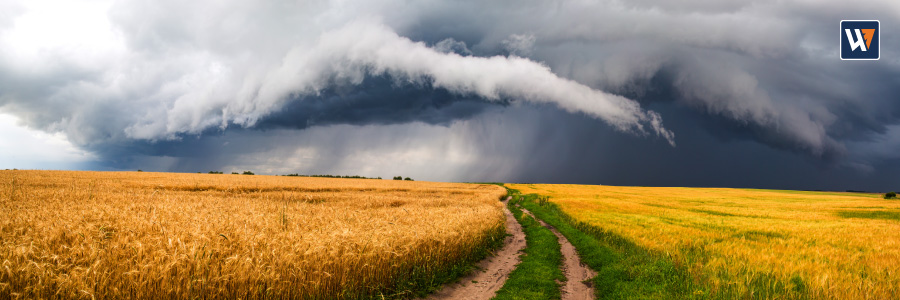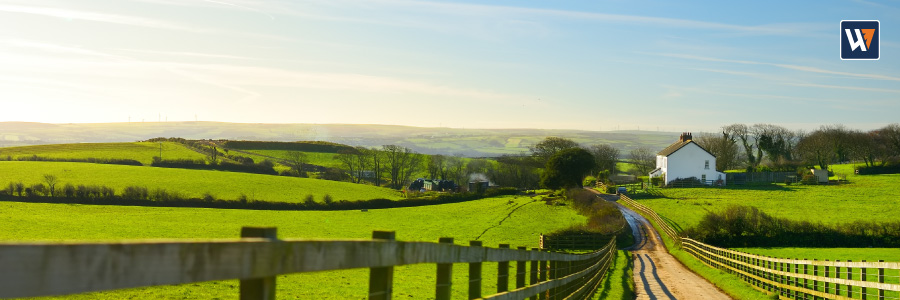Brexit – What does it mean for Farming?
27th February 2019Britain’s withdrawal from the EU’s Common Agricultural Policy (CAP) means British farmers will no longer be able to receive EU subsidies and will not have to comply with a number of regulations.
Agriculture is a small sector in the UK economy, contributing less than 1% to GDP and employing around 1.2% of the workforce. But these small numbers hide the important role of agriculture and food production for our economy and society. The sector produces about 60% of the food consumed in the UK (in calories) and manages 70% of land.
There are a number of important commitments in the Bill, which will determine the shape of agricultural policy as well as related trade policy.
The commitments include:
- Transformation of agriculture policy through the Agriculture Bill by paying farmers and land managers to deliver environmental goods.
- Reform of Direct Payments currently going to famers based on the size of the farm moving to a system of payment for public goods.
These two commitments are to be delivered without substantial impact on the overall English agricultural production. The objective is to stimulate UK farmers to produce agricultural products and environmental public goods, such as biodiversity, clean air and landscape for all to enjoy as sustainable businesses.
It is too early to draw firm conclusions on the question how the Agriculture Bill will affect the UK farming industry, however many opportunities for the sector could arise. Much uncertainty is expected to continue until more information is announced, particularly that relating to financial subsidies.
For many years government has manipulated the agricultural economy, variously by quotas, levies, subsidies and grants. This has been intended to ensure stability of food production from an industry in which economic pressures tend towards producing instability. It is difficult to imagine a future in which government abdicates his responsibilities and leaves agriculture to the vagaries of market forces.
Source: Office for National Statistics, Family spending in the UK: financial year ending March 2018








